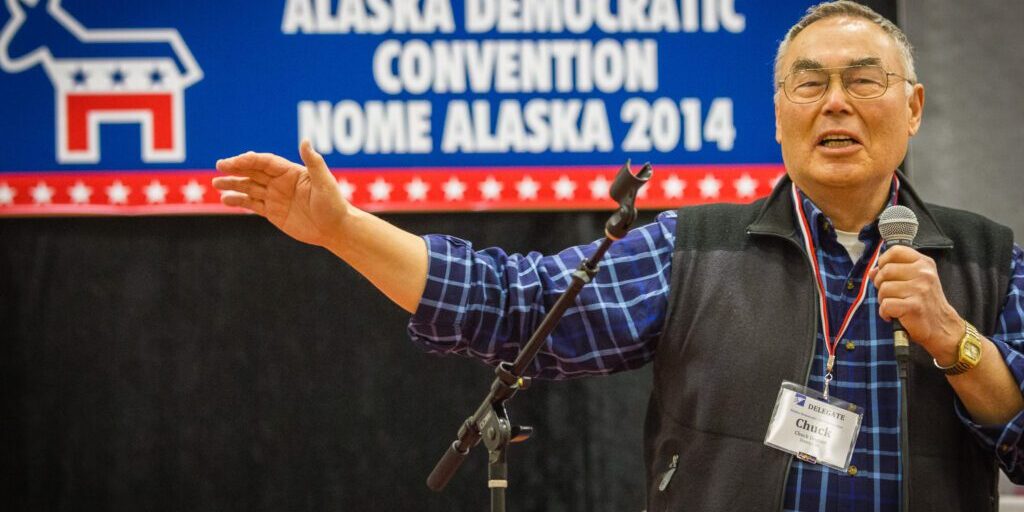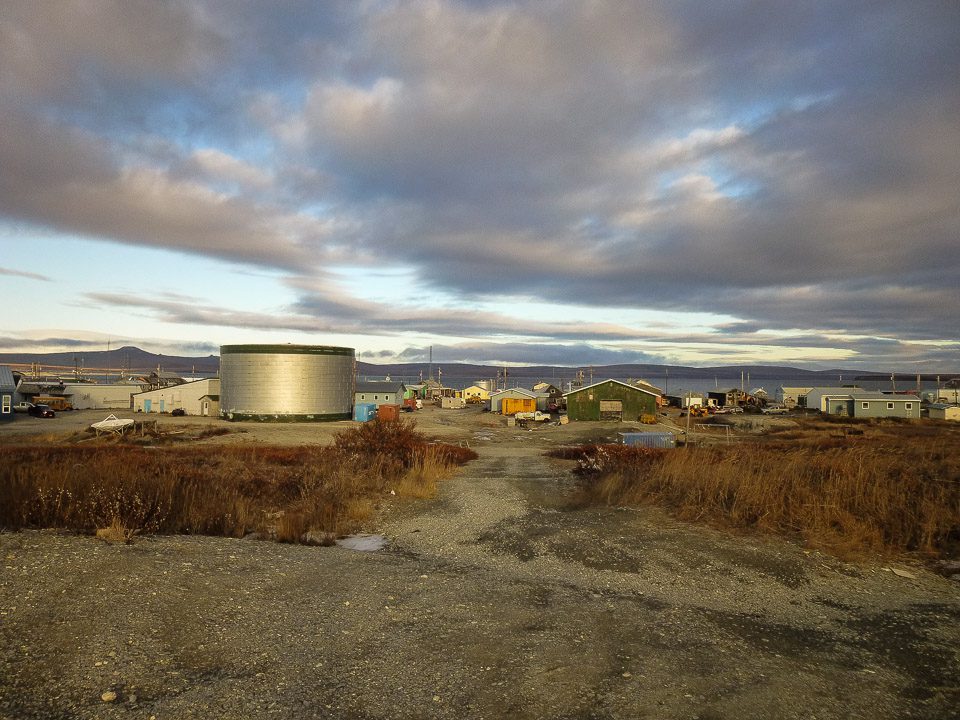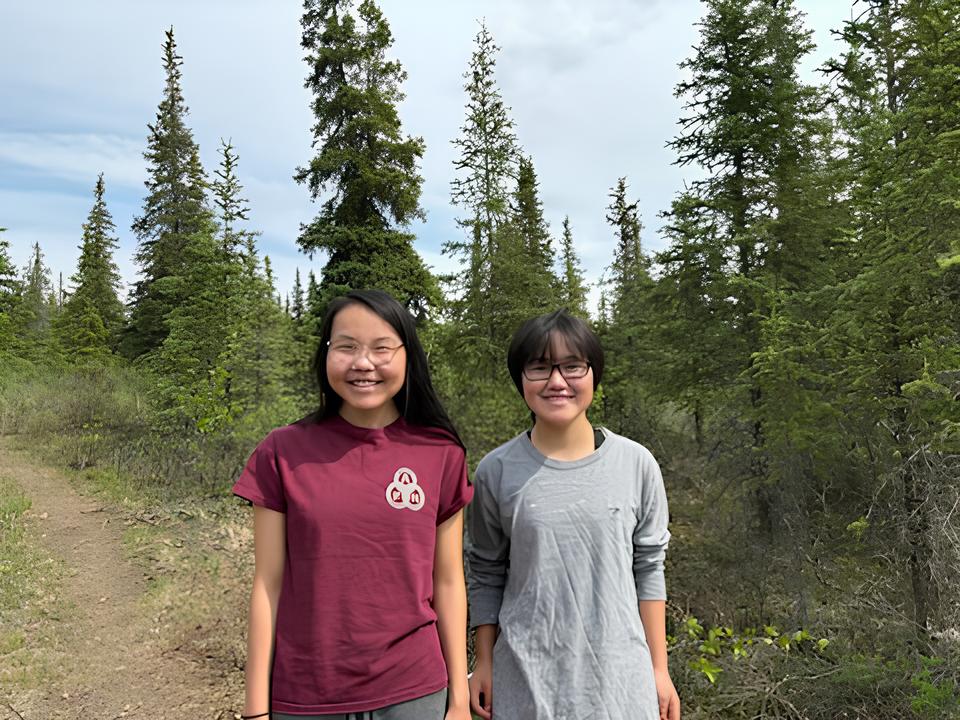The Alaska Democratic Party ended its weekend convention in Nome Sunday with resolutions on issues ranging from Alaska Native rights to same-sex marriage, and came away with a full lineup of candidates for the November elections.
Pushing several Alaska Native issue to the front of the party platform, the Democrats endorsed issues related to tribal sovereignty, and affirmed the right of Alaska Native voters to get election materials in their native language. Though it’s already an option in place for voters—one at the center of a lawsuit between the state and several Native villages and elders—former Unalakleet representative Chuck Degnan said the current efforts don’t go far enough.
“There needs to be accurate translations so that voters can know what is being voted on,” Degnan said at the convention. “There’s enough dialectic differences in Alaska that they need to localize it through the tribes. And the state needs to learn how to work with tribes.”
Aside from Nome democrats, the convention drew delegates from area communities like Teller, St. Michael, and White Mountain. Secretary and treasurer of the Nome Democrats, Nancy Green, said extreme fog on the days leading to the convention, as well as the unusually warm spring, meant many from the region who planned to attend ultimately didn’t.
“I hear that, ‘it is the hunting season, it is time for me to do some subsistence stuff,’ and it is,” Green said. “We’re caught right in the middle of that.”
Those delegates are still getting updates on the convention’s goings-on, she added. “They do email me, and I forward them information.”
Unaffiliated voters were among the crowd, like retired aviator and veteran Chuck Wheeler. “It’s kind of nice they come to Nome,” Wheeler said. “If it was a Republican convention I’d be here. I just want to see where they’re coming from.”
Despite a crowed of about 75, including a necessary quorum for party members, Green said local participation was less than ideal. “We needed more participation, yeah. And it’s kind of spendy, too, to come (to Nome).”
Beyond updating the party platform, the convention looked forward to the November elections. Supporting the re-election of U.S. Senator Mark Begich was a clear emphasis, but strong focus was on gubernatorial candidate Byron Mallott, the former Juneau mayor who’s running against incumbent Governor Sean Parnell. A third man is also in the race for Governor—independent candidate Bill Walker—but few at the convention would say what Walker’s presence in the now-three-way-race could mean for Mallott’s chances in November.
Until then, it’s who Mallott will run with that remains an open question: vying for the party’s endorsement for Lieutenant Governor is political newcomer Bob Williams and seasoned state Senator Hollis French.
Williams, a petroleum engineer who’s spent most of his career as a Mat-Su Valley math teacher, was at the convention in Nome. He stressed his plan to expand voting options should he win the party nomination to run with Mallot.
“Alaska has strong possibilities for increasing participation of all Alaskans, and access to early voting for all Alaskans, and I will use the bully pulpit of Lieutenant Governor, to do that over and over again,” he said.
French wasn’t at the convention, telling attendees in a video message he was at a long-scheduled family reunion in Florida. French, the current Senate Minority leader, said he had been “hounding” the Parnell administration “for years,” and urged the convention to “put the best candidate forward” and “put (him) up there with Byron Mallot.”
The party’s nomination for lieutenant governor will be determined in the August primary, but one candidate did receive a formal endorsement: Forrest Dunbar, the Anchorage lawyer vying to take Alaska’s only U.S. House seat from long-serving congressman Don Young.

Addressing the convention, Dunbar rallied the Democratic base by affirming the party’s stance on issues like repealing the state’s new oil tax system that was passed last year (the choice that will go before voters on the August ballot), expanding Medicaid in the state, and supporting same-sex marriage; all issues the Democrats hope differentiate their candidates from Republicans.
“It’s our year,” Dunbar repeated. “It’s our year for people who believe that we should have control over our own resources, it’s our year for people who think we need to defend Medicare and social security and expand Medicaid, it’s our year for people who believe that gay rights are human rights and that you should be able to marry the person who you love.”
With their platform set and candidates for most major races in place, the Democrats left Nome facing a summer of heavy campaigning in preparation for the fall elections.







